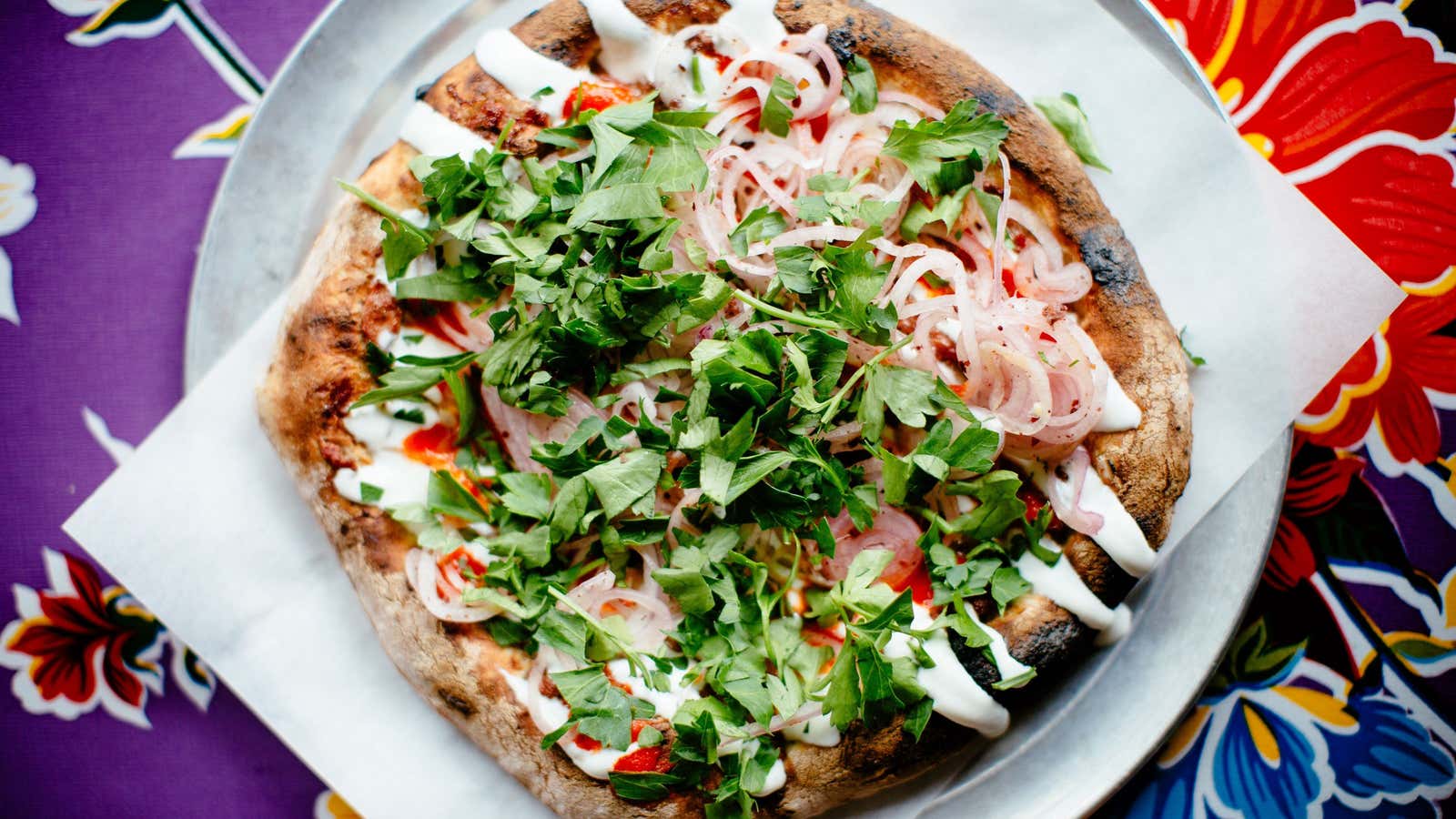The World Restaurant Awards are trying out a new recipe. They want to not only laud chefs and restaurants around the globe, but also to reflect a changing industry and highlight the conversations going on around food and dining. The awards will be handed out for the first time on Feb. 18 in Paris.
The legacies of both Anthony Bourdain and Jonathan Gold have left diners interested in what the entire world is eating in home kitchens and family-run restaurants, and at street carts. Women are gaining more recognition as leaders in a changing industry, winning accolades for their food and creating solutions to address sexual harassment in restaurants. Awards programs are still catching up to the times.

Not that they’ve stood completely still. The World’s 50 Best Restaurants has made some changes to the way it compiles its list—essentially a selection of expensive tasting menus—including appointing male and female judges in equal numbers and making previous winners ineligible for the top spot so that there’s more room for newcomers. Last year’s ceremony honored more women than ever before, but that number was still just five. “It’s all about girl power tonight,” the presenter told the assembled chefs. The less rarified James Beard Awards have also implemented new guidelines designed to honor a more diverse group of chefs and restaurants.
The World Restaurant Awards are starting out with 100 judges and a 50-50 balance of men and women who work in and report on restaurants. Instead of a ranked list there are categories, including Enduring Classic, Ethical Thinking, and House Special, in addition to Restaurant of the Year.
“It’s going to take time to really open up the whole industry,” says Justin Clarke, senior vice president and managing director of culinary at IMG, the events company producing the awards. “But I think we’ve made a more profound start than anyone else.”
The shortlist is still male-dominated and Eurocentric, and there are many familiar names on it. Writing in the Washington Post (paywall), Maura Judkis points out that there are no nominees from Mexico and only one in Africa, and that 42 of the 73 people on the list are European. “Will an award that purports to be about ‘celebrating the diversity of the international restaurant scene’ give a few more trophies to Noma?” she asks.
Clarke admits the process is imperfect. “There are many steps to get to the full, global level picture,” he says.

While diversity among the nominees and judges is still an issue, the categories of awards feel more reflective of the way diners interact with restaurants today than do some of the more venerable lists. Awards for Best Instagram Account, Tattoo-Free Chef, and Tweezer-Free Kitchen—which highlights chefs with fluidly artistic plating styles—all feel very of-the-moment.
“They’re provocations to create conversation,” Clarke said.
The Red-Wine Serving Restaurant award, he said, was designed to call attention to a trend that many serious wine drinkers, and beverage directors and sommeliers, find annoying—a new focus on white wines instead of red. “It’s an observation on what’s going on in the industry,” he said.
There won’t be a livestream of the awards, hosted by Antoine de Caunes, a French actor and writer, but befitting to 2019, the winners and highlights will be posted on social media as the evening unfolds.
